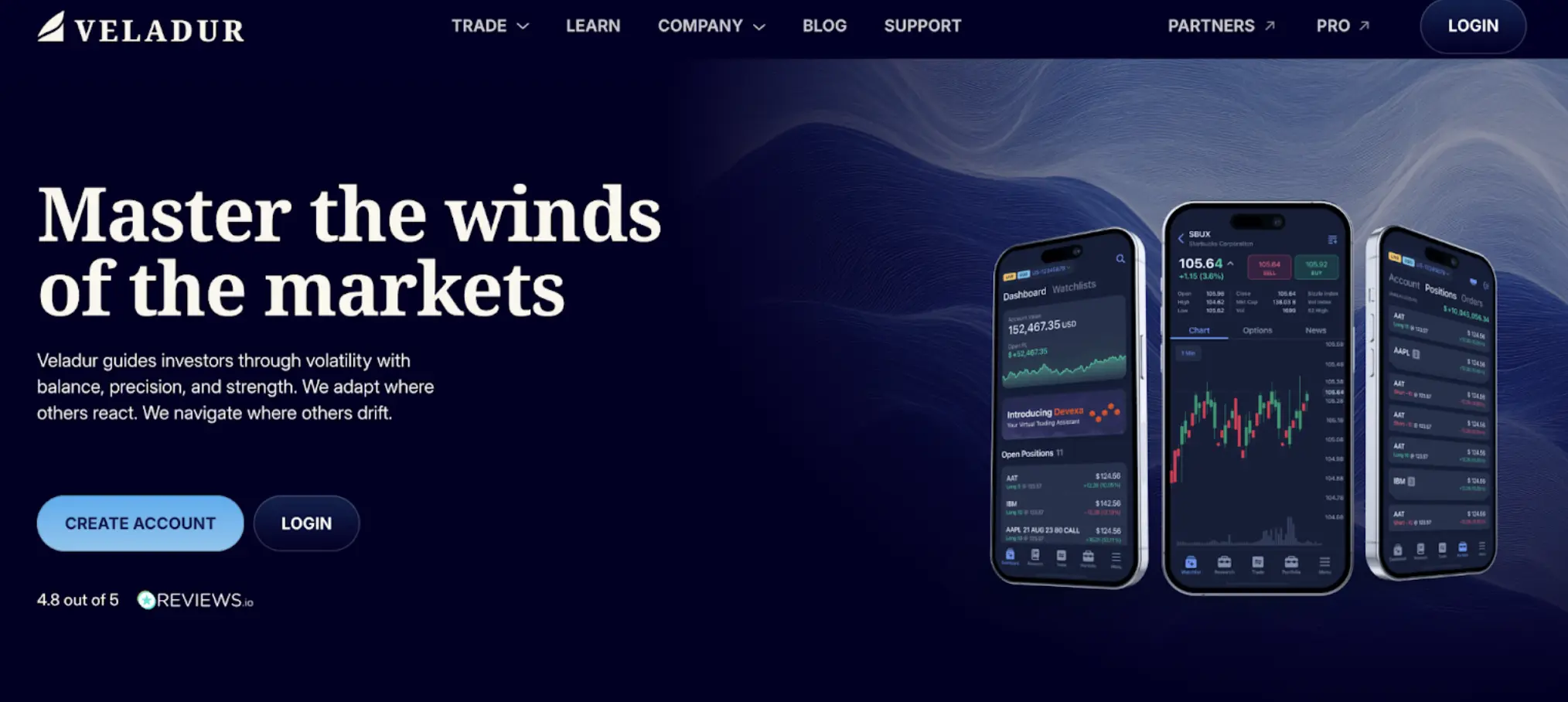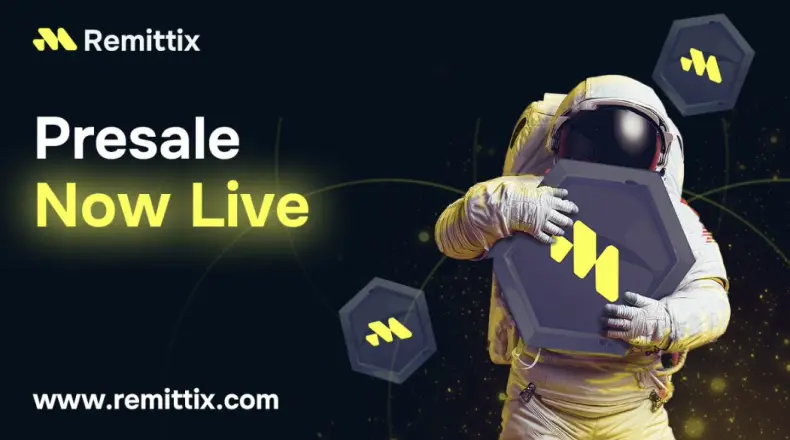Global Score
Card Dimension 1
Interests and Attitudes Providing a wide range of trading tools and simplified procedures, CEXes are often the first stop for many new crypto investors. As such, we dive into how retail investors perceive the centralization and regulation of CEXes. In addition, we also explored the trust of investors in web2 and web3 players and their safety awareness.

1 in 2 investors are undeterred by stricter regulations.
KYC is commonly misunderstood to add little value to the CEX user experience. However, KYC is a useful tool for crypto exchanges to prevent cyber crimes and hacks, which ultimately contributes largely to the safety and security of the ecosystem.
However, more than 50% of participants have little to no preference when it comes to exchanges using KYC verifications.


1 in 4 investors are willing to accept CEXs regulation for greater safety over their investment
The crypto industry is a growing one where imperfections exist. As a result, we asked our correspondents which they would prefer trading off for greater safety over their crypto investments.

1 in 2 investors calls for more centralized control for wider Web3 adoption
Our study suggested that concerns over the lack of regulation to prevent cybercrimes, online abuses, and misinformation are the top barriers to Web3 adoption.
KYC can serve as an effective tool to address these concerns. In an ideal world, it is understandable why some might oppose KYC verifications.
However, in reality, the abuse of the system by malicious individuals needs to be prevented. Thus giving rise to the need for such forms of protection, not just for the exchanges but for the users.

CEXes score the highest on trust, 15% higher, over NFTs and DeFi.
Crypto investors trust CEXes more than other web3 players, large institutions, and even governments.
As an increasing number of investors venture into the crypto market, a growing population of people seem to have more trust in Web3 than in Web2. However, crypto investors put lower scores on NFT and DeFi than most Web2 players, suggesting their safety concerns in a decentralized environment.

In fact, 3 in 5 DeFi believers diversify, placing their trust in CEXes too.
CEXes and DeFi are not mutually exclusive. Crypto investors’ trust in one does not negate their trust in the other. It is common to think that investors who completely trust DeFi will distrust CeFi. Interestingly, our findings indicate the opposite. DeFi believers (those who “completely trust” DeFi) still put high trust scores on CEXes, with 89% of crypto investors putting at least 4 out of 5 trust scores, debunking the myth that centralization and decentralization cannot go hand in hand.
Maturing Crypto Investment Literacy
Retail crypto investors have become familiar with services from CEXes, thus placing high trust in CEXes. After all, CEXes is their first stop after entering the space. CEXes and DeFi are not mutually exclusive, and retail investors usually do not start exploring DeFi until they gain sufficient crypto knowledge. Their attitude towards CEXes and regulation reflects a maturing investment literacy.

Global Score Card
Due Diligence Behavior
After understanding investors’ attitude towards CEXes, regulations and other industry players, we look into their due diligence behavior before depositing funds in CEXes and investing. This would give us further insights into current investors’ crypto investment literacy.

34% of Boomers spend a few days on DYOR, 50% more than other generations. 64% of North American investors spend less than 2 hours or don’t DYOR at all.

Doing one’s own due diligence is a crucial step before making investment decisions. However, 2 out of 5 crypto investors spend less than 2 hours in due diligence before making their investments.

When choosing a token project, 30% more investors prioritize reputational factors as compared to technical factors.
A comprehensive review of a token project entails consideration of technical factors, reputational factors, roadmap, categories, etc. Our study indicates that investors have prioritized reputational factors over other more fundamental factors, suggesting that more education is needed for investors to understand that technical factors drive more value to token projects than reputational factors

Boomers are 20% “savvier” than other generations, as they focus more on technical factors.
LATAM prioritizes the consensys algorithm as a key factor, while North America emphasizes the website aesthetics. Regarding generation differences, boomers seem more sophisticated in terms of prioritizing tokenomics more than other generations.

Contrary to how token projects are chosen, factors regarding the day-to-day business practices of CEXes are regarded 30% more than reputational factors.

This article is part of the report


























































































